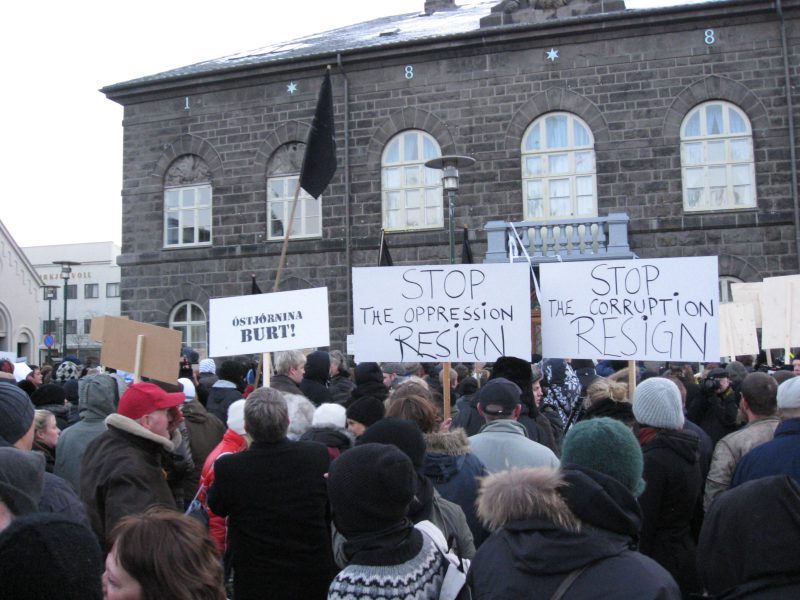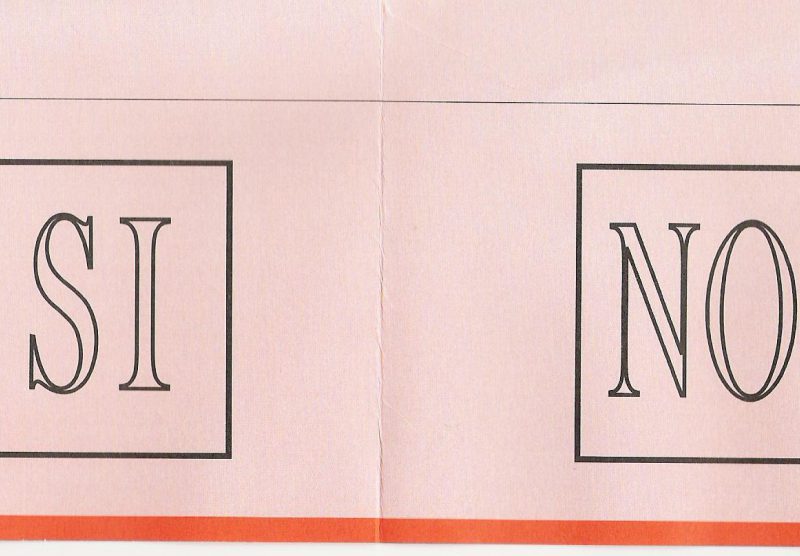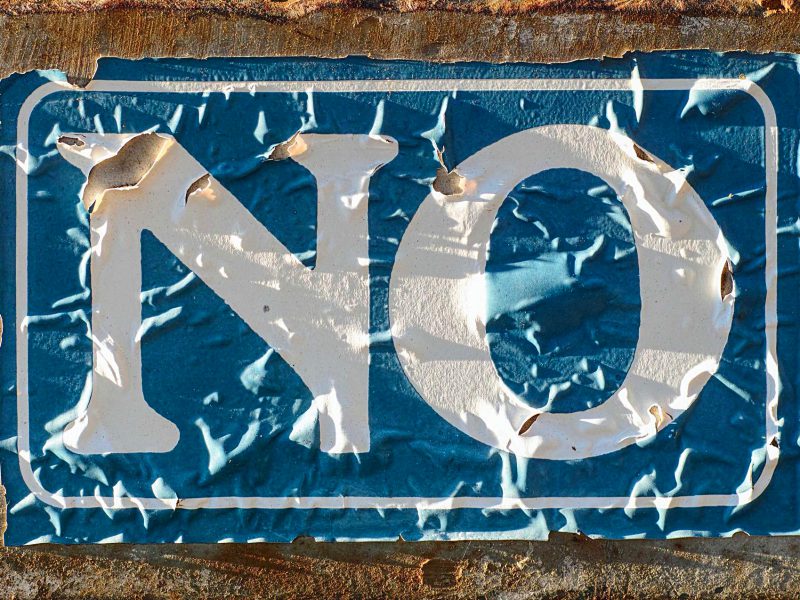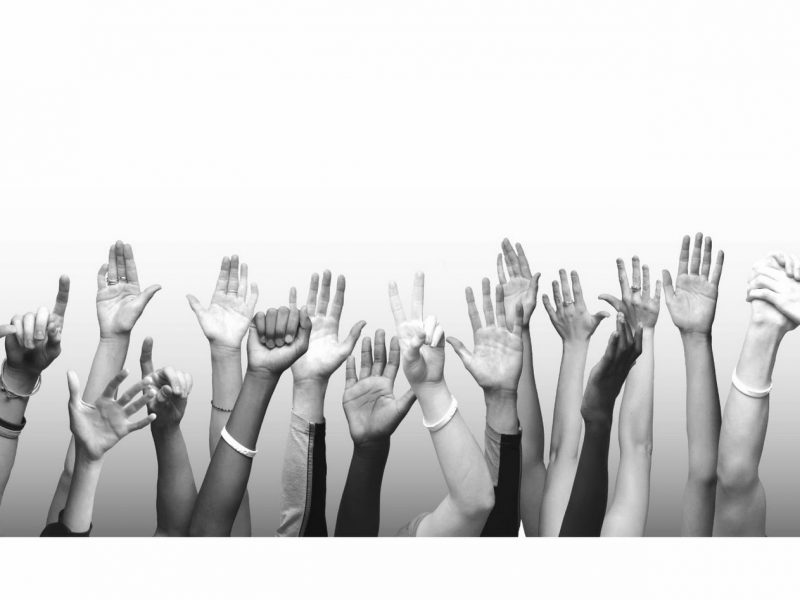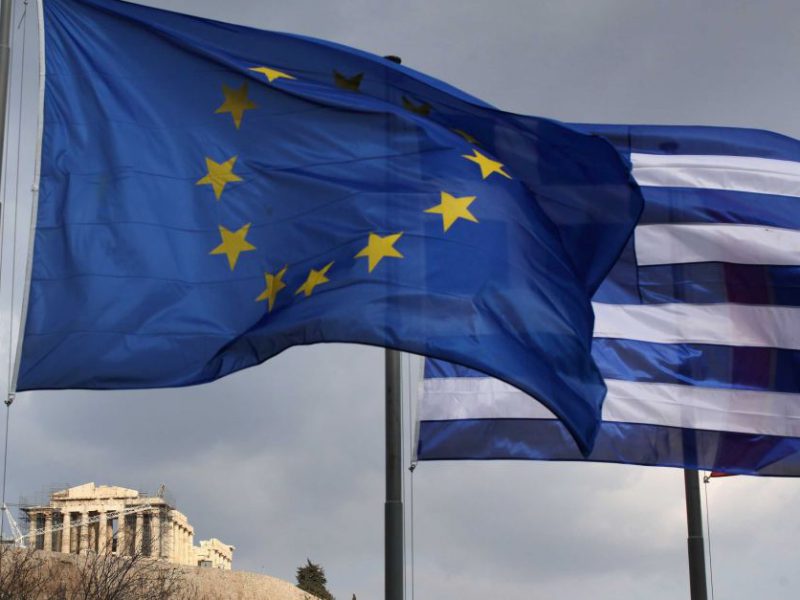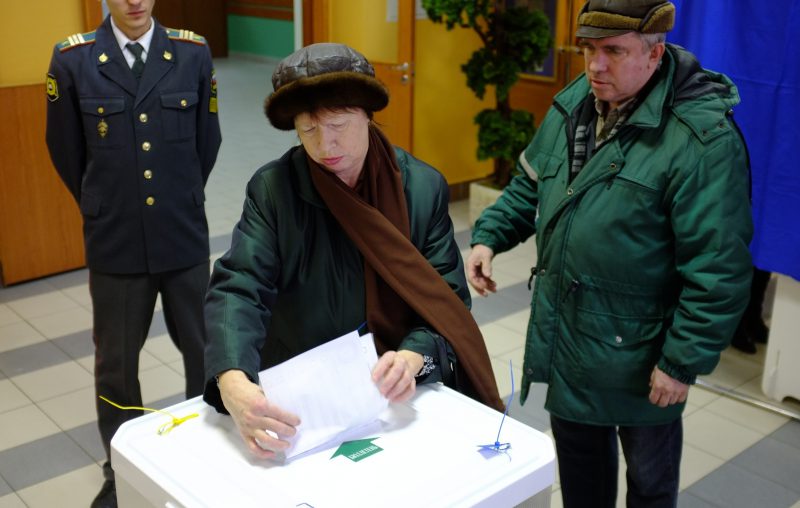Engagez-vous pour un monde meilleur après le COVID-19 (#Engage4Better)
Katoikos a lancé cette pétition adressée à l’Organisation des Nations Unies, au Secrétaire général de l’ONU et les dirigeants de tous les pays L’urgence globale du COVID-19 a mis en lumière non seulement les faiblesses des systèmes de santé mondiaux, mais également le faible niveau de préparation des pays face à de telles catastrophes, ainsi…

